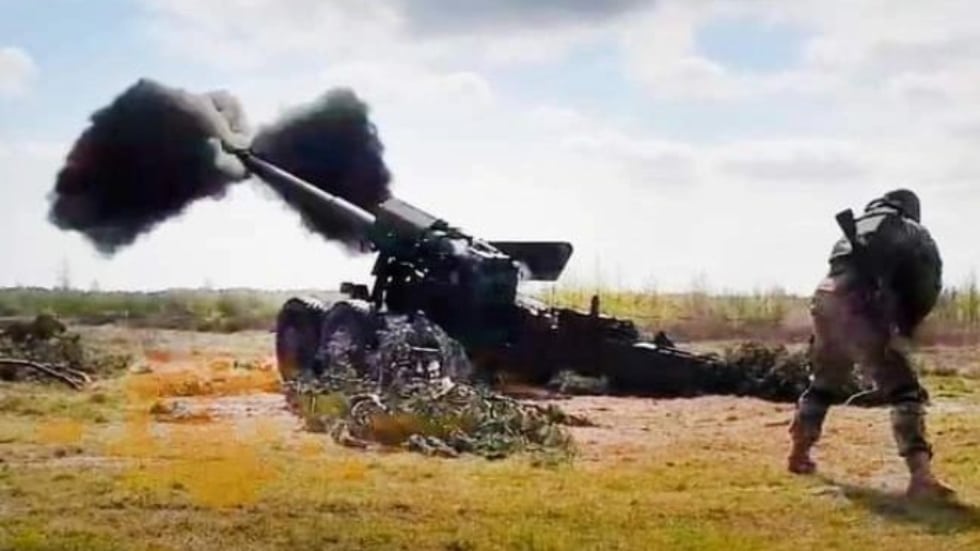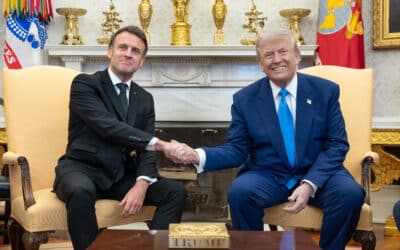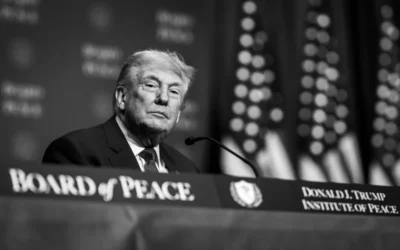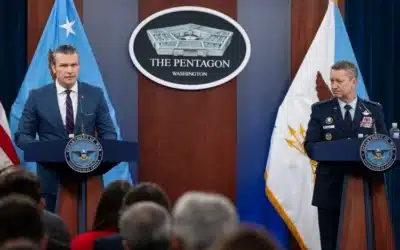The debate in Washington about ending the war in Ukraine has become “amorphous and paradoxical,” according to the New York Times. As Ukraine is set to kick off its long-awaited spring offensive, its Western backers are unsure if they are willing to pursue peace with Russia if the attack is a success or failure.
“The debate in Washington over potential peace talks is amorphous and paradoxical. There are even competing arguments based on the same hypothetical outcome,” the Times reported. “If Ukraine makes substantial gains, that might mean it is time for talks, some officials say – or it could mean Ukraine should put diplomacy on the back burner and keep fighting.”
In February, the Washington Post reported that the Joe Biden administration believed, “the best course of action [for] empowering Ukraine is to retake as much territory as possible in coming months before sitting down with Putin at the negotiating table.”
More recently, Secretary of State Antony Blinken has called for Ukraine to reclaim its territory, echoing the demands made by Kiev. President Volodymyr Zelensky’s administration has maintained that it is unwilling to concede any territory, including the Crimean Peninsula, to Moscow.
That position may create an endless conflict as a senior American official told the Times it was unlikely the war would end by Ukraine retaking territory as Russian President Vladimir Putin “could simply order a wider draft mobilization to rebuild some of his military power.”
Washington has been planning a counteroffensive for Kiev over the past several months. Publicly, American officials have maintained they expect Ukrainian forces to carry out a successful attack. However, leaks have revealed that the White House is privately pessimistic regarding Kiev’s prospects.
Western officials are also divided on how to proceed if the counteroffensive fails. “If Ukraine is unable to seize significant territory, some US and European officials might want to nudge Mr. Zelensky toward a negotiated settlement.” The Times report continues, “But some officials and analysts in Washington caution against such thinking.”
In the short term, Western officials are firmly against any ceasefire at this time. American officials are concerned the Kremlin will use the pretense of talks to cement its territorial gains.
While the White House is divided on if it should even push Kiev into negotiations with Moscow, the West remains firmly committed to furling the Ukrainian war machine. In a joint press conference with Blinken, UK Foreign Minister James Cleverly declared, “We need to continue to support them, irrespective of whether this forthcoming offensive generates huge gains on the battlefield, because until this conflict is resolved and resolved properly, it is not over.” Blinken remarked that he “violently” agreed with his British counterpart.
Kiev appears to be preparing for the possibility that the coming assault fails to regain a substantial amount of territory. “The expectation from our counteroffensive campaign is overestimated in the world,” said Ukrainian Defense Minister Oleksii Reznikov.
Additionally, on Wednesday, Ukrainian Foreign Minister Dmytro Kuleba stated, “Do not consider this counteroffensive as the last one, because we do not know what will come of it,” adding that should it fail, “It means we have to prepare for the next counteroffensive.” He went on to demand Germany pressure the Americans to transfer F16s to Ukraine.
This article was originally featured at Antiwar.com and is republished with permission.

































